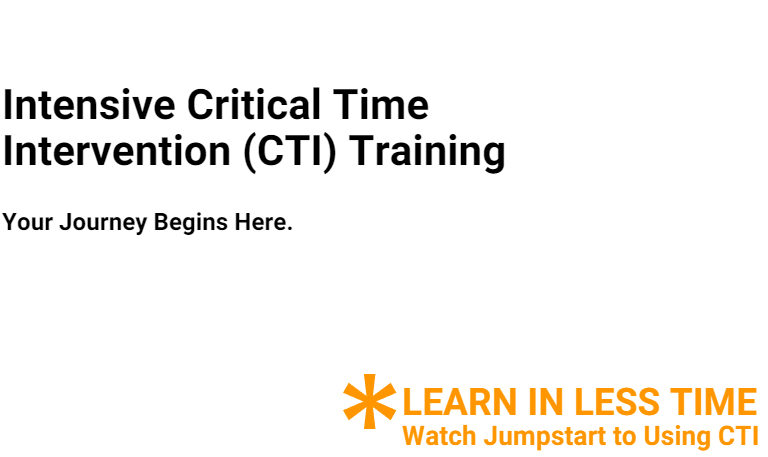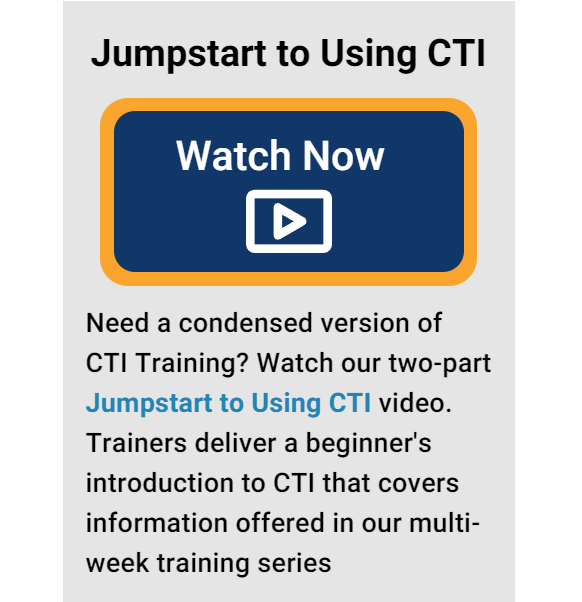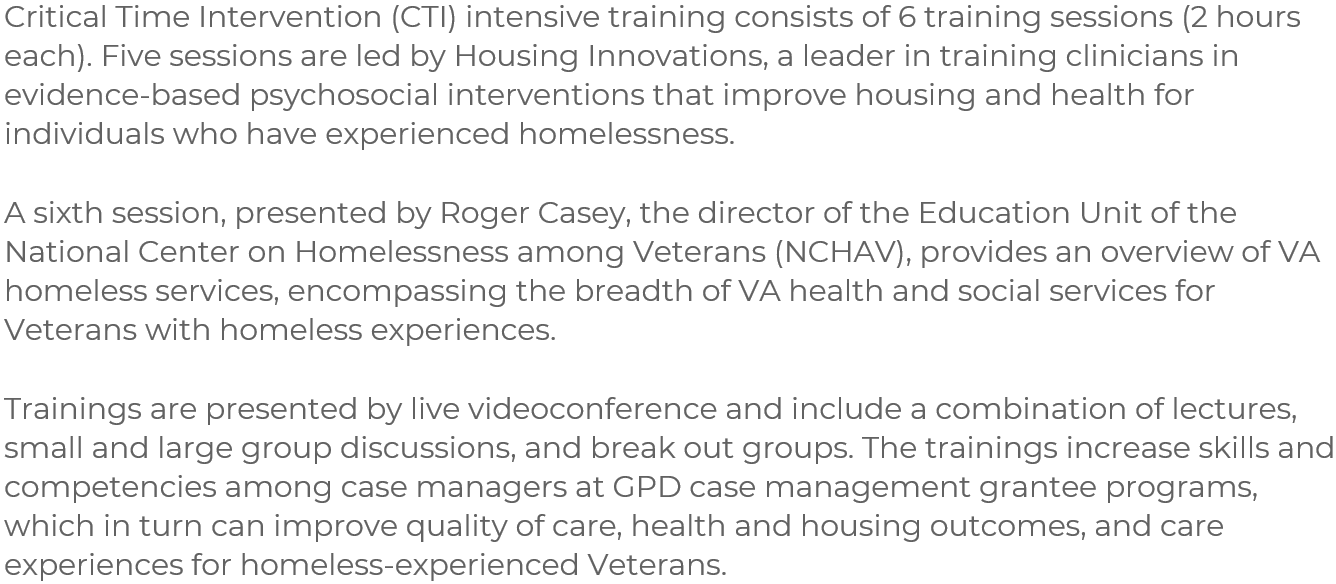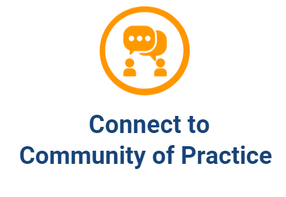On-Demand Training Videos
Session One
|
Session Two
Session Three
Session Four
Session Five: Supervisors Session
|
(Geared towards supervisors, ALL are invited):
|
Session Six: VA Homeless Programs Overview
|
(Intended for ALL participants)
|








